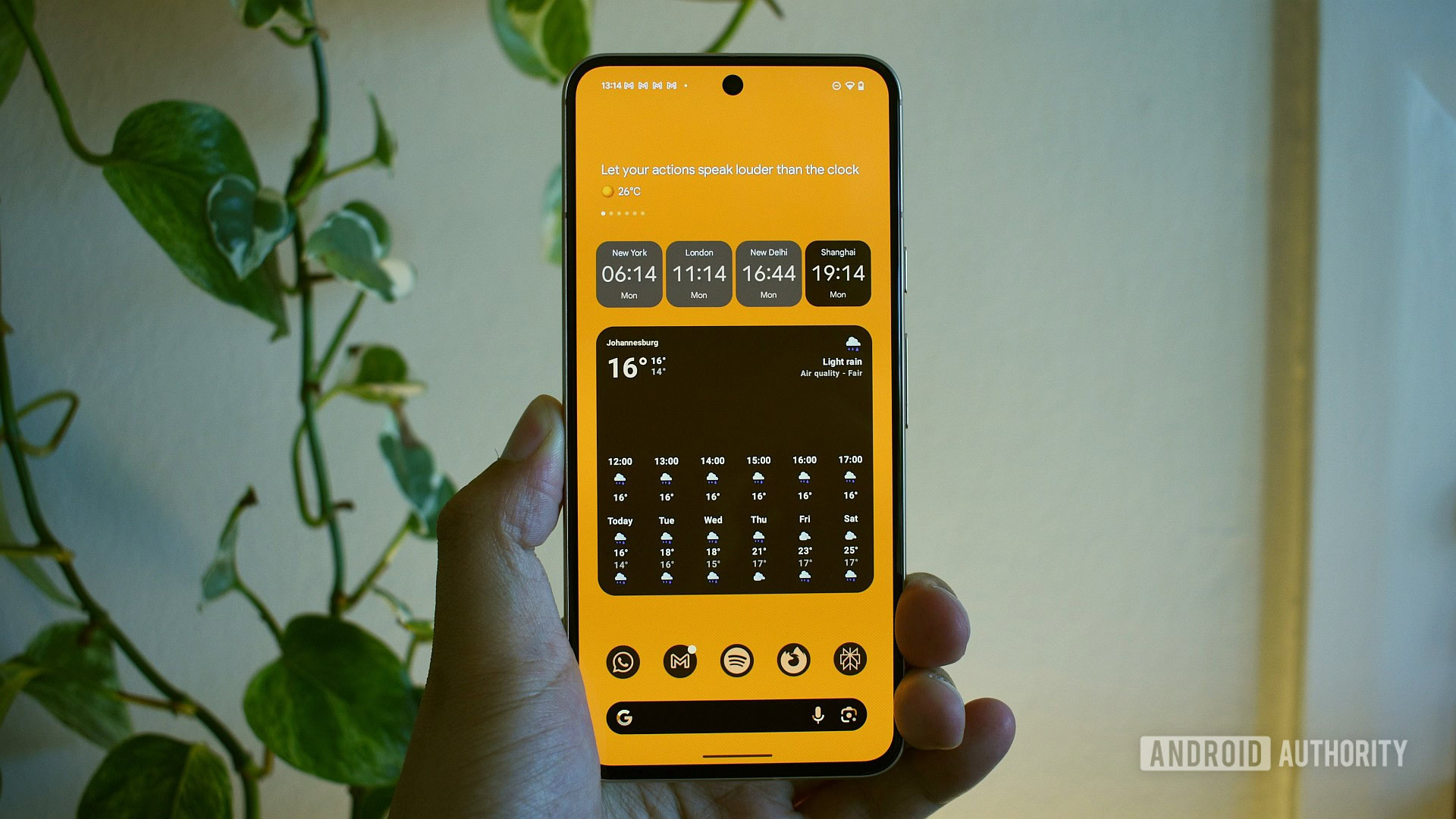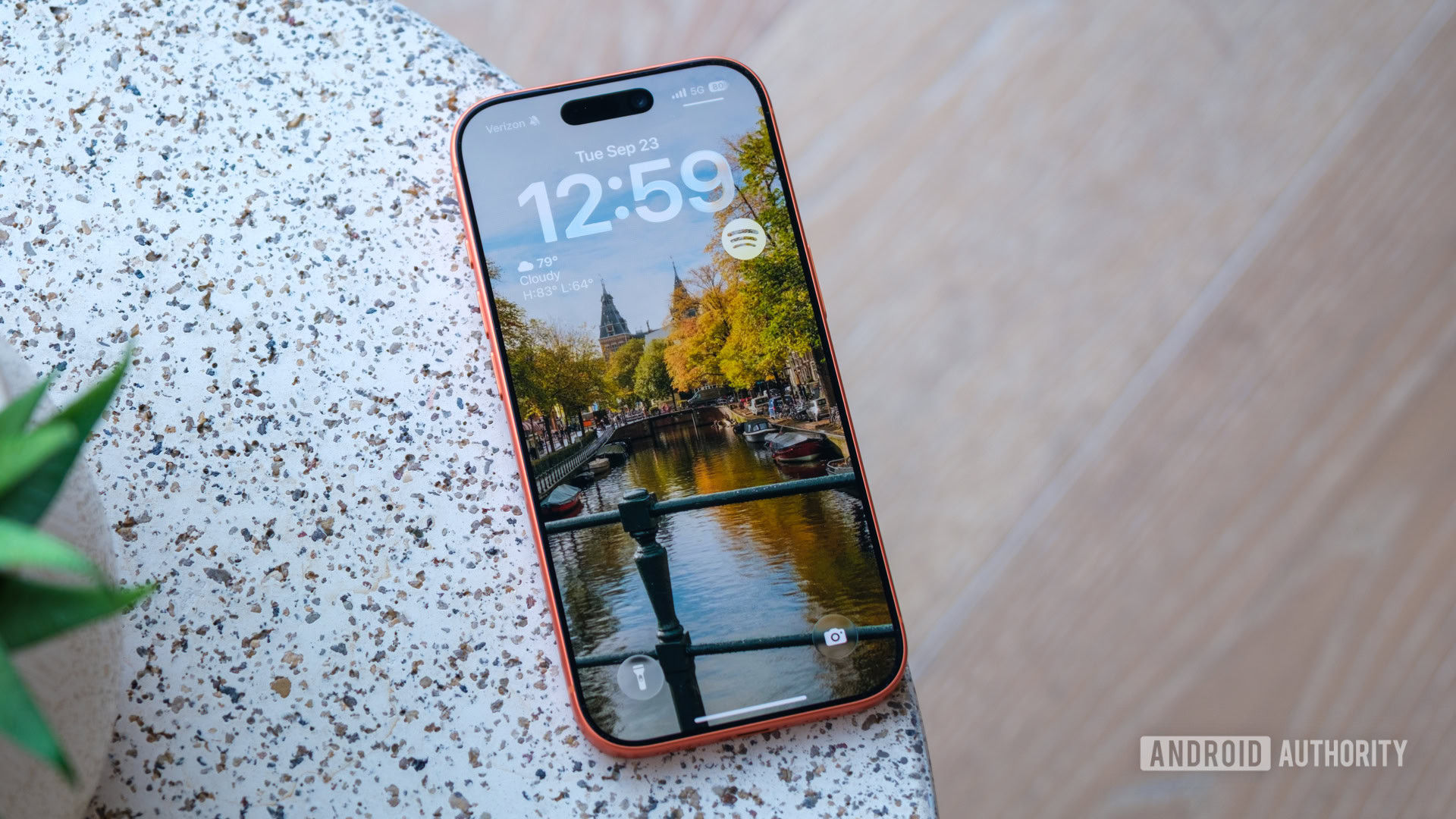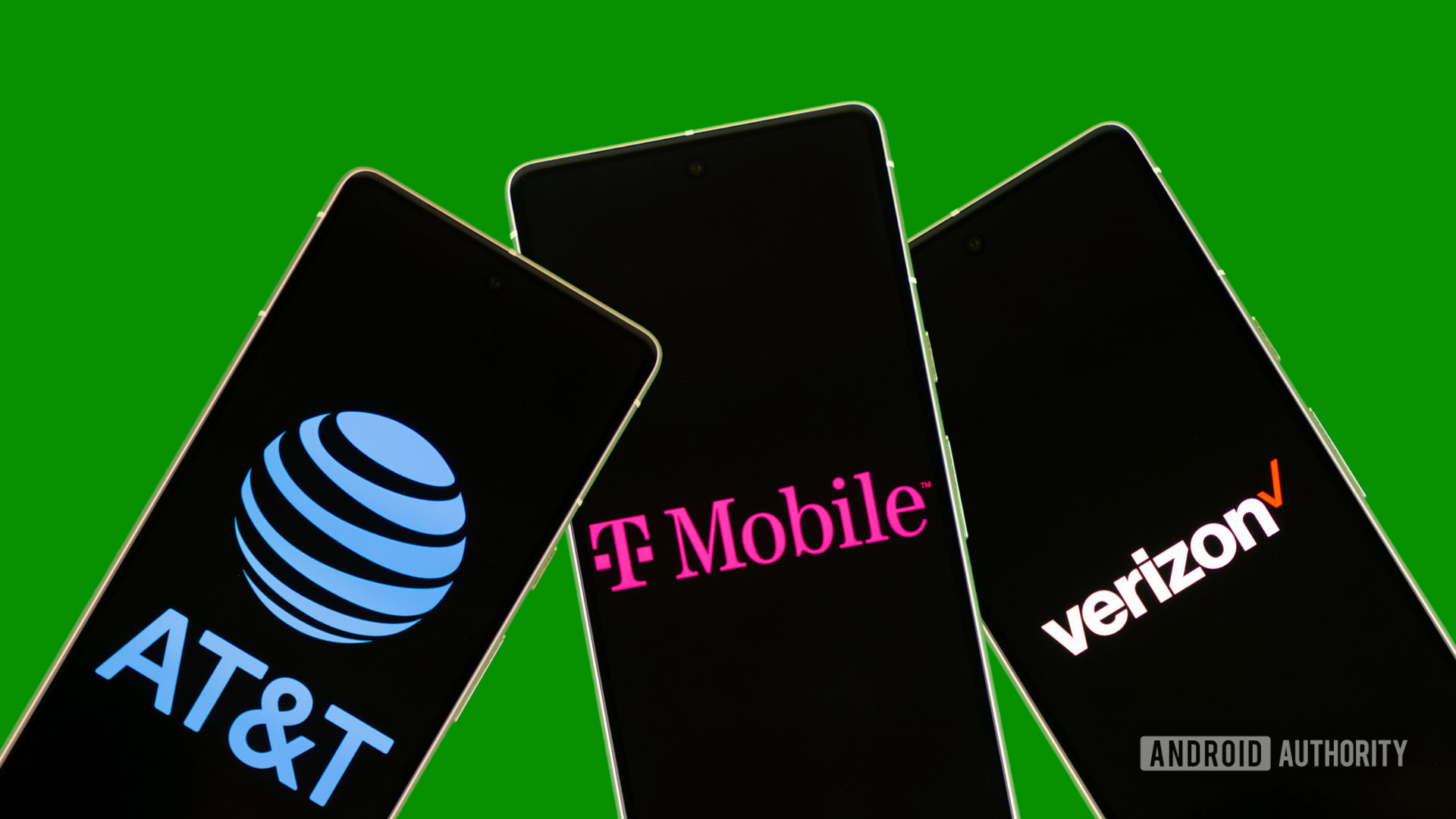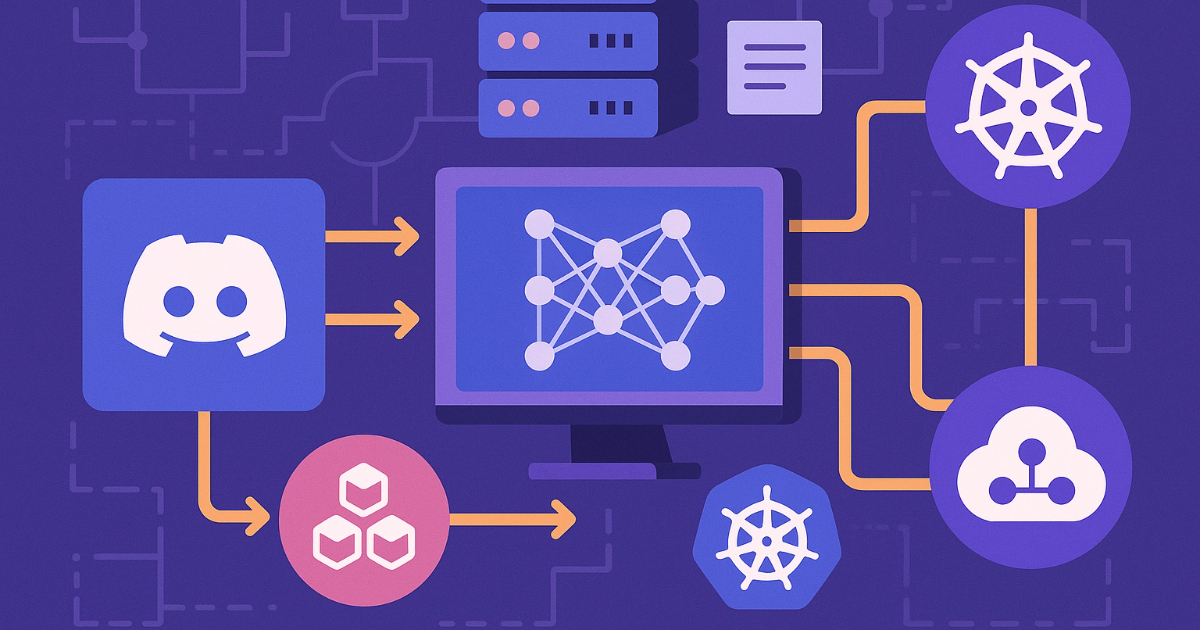Ryan Haines / Android Authority
Yeah, I said it. I don’t expect it to be a popular opinion, but I said it. If Google really wants all of its wildest Pixel dreams to come true, it has to look across the aisle. It needs to examine Apple’s control over the entire iPhone pipeline and seek to emulate it, transforming the Pixel from just another Android option into the go-to device for the purest Google experience on the market.
And yes, I realize that the Tensor project and Pixel UI have already started that ball rolling, but I think Google needs to go further. Here’s how I came to take such a controversial stance, as well as why you should feel the same way if you consider yourself a Pixel fan.
It all started with stricter sideloading…

Andy Walker / Android Authority
A while back, Google announced a new policy to make sideloading apps safer and more reliable. It decided that it was time to start verifying all developers who distribute Android apps, regardless of whether they are listed within the Play Store. On the surface, I think there are two ways to think about this — you can either get hung up on Google taking away a little bit of freedom from our favorite operating system, or you can view it as an improvement to the overall security of Android.
Personally, I’m choosing the latter. I know, I know, it’s very rule-following of me, but I can’t help it. I see the benefits of a little bit more safety when I’ve almost pressed the wrong download button on sites like APK Mirror more than once. The last thing I need is for whatever well-disguised ad I pressed to load up my Pixel 10 Pro XL with who knows what just because I couldn’t tell one download button from another.
There’s no such thing as a free lunch — if we lose sideloading, I want something in exchange.
And when I think about Google improving its sideloading security, my mind automatically goes to the other historically locked-down platform — yes, iOS. It’s no secret that Apple wants to keep anything and everything that you put on your iPhone above board, and by making nearly everything run through the App Store, it’s able to maintain the high level of optimization that lets iOS do more with less.
So, if Google is going to start locking things down, it may as well go all the way. It may as well ensure such a high level of Pixel-specific optimization that its in-house flagship can overcome the current performance gap between its own Tensor chip and Qualcomm’s top-end Snapdragon offering. In some ways, that sounds like iPhone-ifying the Pixel, but I think it really means prioritizing the Pixel in the way it was always intended to be.
If Google wants tighter control, I want more power

Ryan Haines / Android Authority
Now that you know I’m not remotely saying that I want Google to run iOS, make its Pixels look more like iPhones, or adopt an ultra-slim design, I hope you’ll hear me out. The only way that I really want Google to make its Pixel into an iPhone is to take complete control over the start-to-finish pipeline, which mostly means refining its approach to Android.
But wait, doesn’t Google already control Android? Doesn’t it already push updates to the Pixel ecosystem faster than other developers can keep up with? Doesn’t it send AI-powered features via Pixel Drop every few months? Yes, it does. It does all of that, and it does it well.
Could you imagine a Pixel where every last piece is tuned by Google?
And yet, it almost always feels like the latest and greatest Pixels lag on paper. We’ve written about the Tensor lineup several times, highlighting its lag in raw performance numbers, and it’s challenging to overlook the time it’s taken for Google to address some of its thermal issues. Oh, and we can’t forget that several recent Pixel models have been plagued by various battery issues, to the point where they’re not always easy to recommend to family and friends.
You know who hasn’t had quite the same struggles? Apple. Its iPhones have historically done more with less, putting up excellent benchmarking numbers and stretching smaller batteries to impressive lengths. Optimization has been its secret weapon, and this is only bolstered by the fact that Apple has only one platform to worry about.
So, in my perfect world, Google does the same for the Pixel. It puts such an emphasis on refining the primary version of Android with its own phone in mind, but leaves the base platform available for the likes of Motorola and Samsung. It encourages Play Store publishers to optimize their apps for the Pixel from the outset, ensuring they work seamlessly with the current Tensor architecture. Oh, and it adopts a Dynamic Island cutout in the — no, never mind, that’s just a joke.
Think about it, though, if Google makes the Pixel its number one priority, if it completely abandons the “be together, not the same” mentality for other Android phones, it could probably make the iPhone’s perfect rival. It already has top-notch camera features, advanced AI capabilities (that actually work), and has elevated its build quality faster than anyone else, so forcing optimization with the Pixel in mind is the last step in making my perfect phone.
Thank you for being part of our community. Read our Comment Policy before posting.









